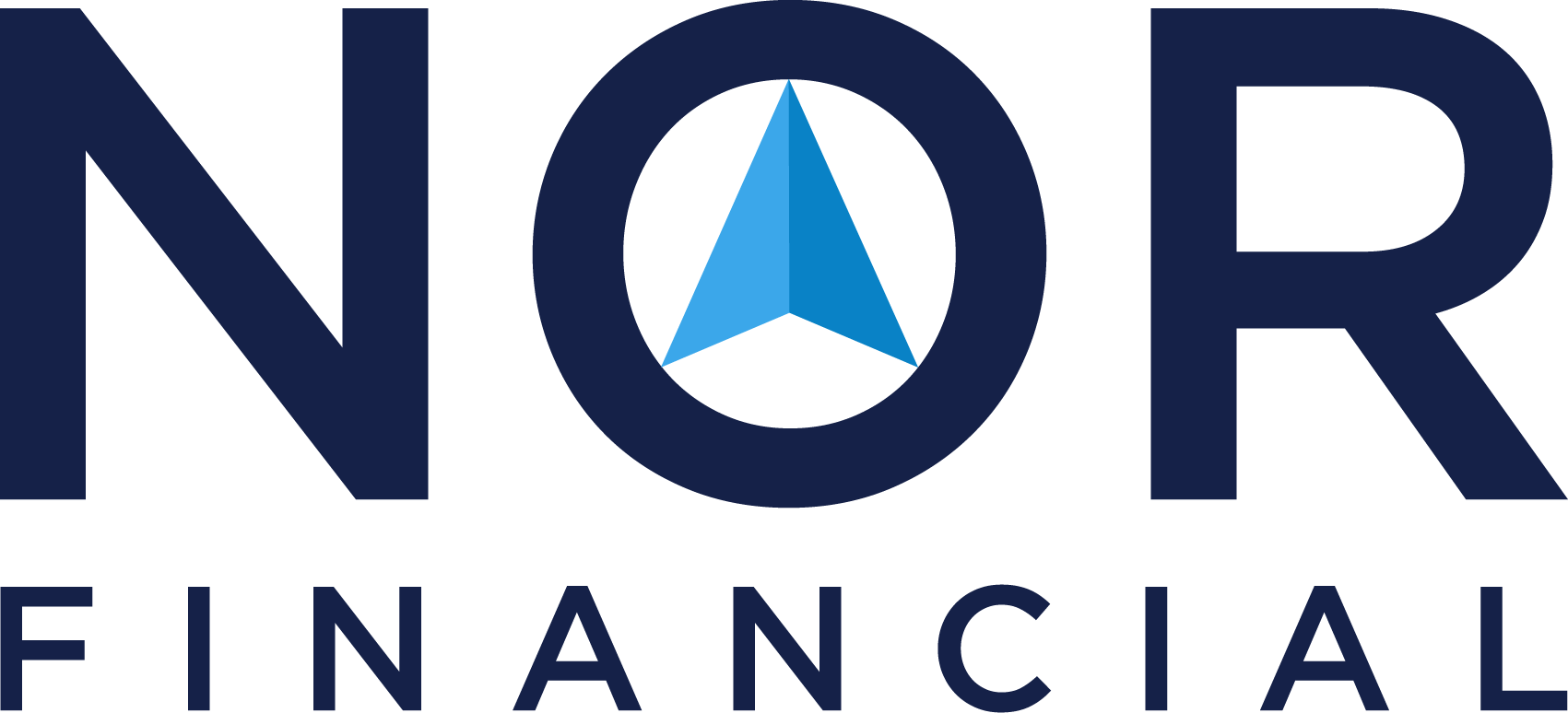Why should I take risks?
As a financial planner, the concept of "Risk" is one that is front of mind every time I speak with a client. Let us for a moment take away the connotation of risk as a negative and look at it for what it actually is.
In the financial world, the mathematical term "standard deviation" is often substituted for the plain English "risk". This is quite simply talking about the value of an asset going up or down from its current position. Most investors are happy to see things increase in value but not decrease. As the chart below illustrates, the higher the standard deviation, the higher the return. The most important caveat here is time frame.
So put simply, "audentes Fortuna iuvat" (fortune favours the bold) when it comes to investing. As an adviser, my primary job is to establish what level of risk is appropriate to your goals. If you are retiring in 5 years and wish to pay off your mortgage at that time, investing in 100% in small caps might make you a good return, but you might have less than what you started with, this is an unacceptable level of risk. If you just started work and have 30+ years to retirement, the probability of your investment being worth less than where you started is drastically reduced.
This mind set also extends to areas such as business partnerships. You start a business with your best mate, things are going well and you have a gentleman's agreement on each of you owning 50/50/. Simple right? This is how a good majority of major disputes start when someone decides to exit a business. This could be through poor health or just deciding to go in a direction that you do not both agree on. Then how do you sell your half, what is it worth? Putting this on paper can vastly reduce the risk of a dispute, yes it might cost a little in legal fees and time to get a solid agreement down on paper but this changes both of your position from "I don't know" to "check the agreement". Sure we cant have an agreement for every eventuality but as an adviser I greatly dislike the unknown and planning ahead reduces this risk substantially.
A classic example of risk comes up when we talk about insurance. A regular question is, what if I pay all this money for insurance and never use it? Well my first response is always, "lucky you!!"
Lets use an example where you earn $100,000pa (with a 5% pay raise each year) and spend $2,000pa to ensure this amount would continue if you were unable to work or deceased (income for your family). If you start at age 35 and work to age 65 you would have earned $6.64 million dollars!!! No small sum. If you did not pay to protect yourself you would earn $6.77 million that's over $132,887 more in your pocket at retirement. If we use the same example, but you were unable to earn and income and forced to retire at age 50, you would have earned only $2.20mil a loss of $4.57 million. Is the risk worth the reward here? Considering how many claims I have seen and dealt with, not at all.
Whether you see an adviser, have a mentor or go and speak to your mates father who is an astute businessman. Breaking down problems in terms of risk and return is crucial to getting ahead in life. Many "risks" are completely invisible until they present themselves, you could be just in the right place at the right time and find yourself at the top of a multi million dollar company. Or you might invest your life savings in a "sure thing" only to see it go up in smoke.
Experience and knowledge are key in identifying risks before they occur. Once these are identified, you can confidently move ahead and take those risks that allow you to succeed in life, but still have a plan for the worst.
Shaun Clements - North of River Financial

